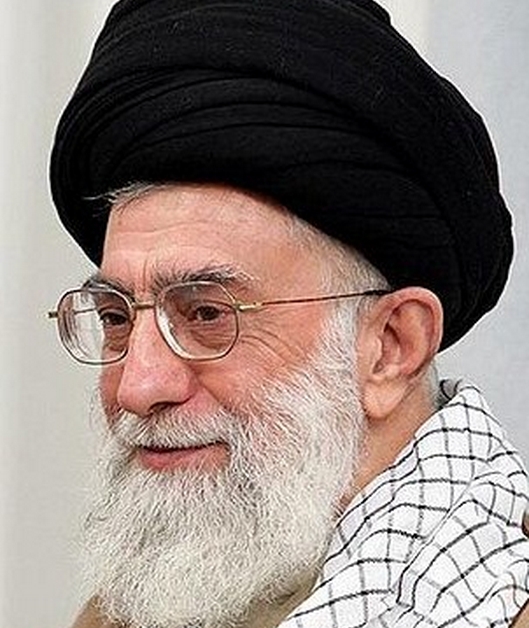The brief, part of the U.N.’s emerging framework for a joint international effort to tackle online disinformation, provides a roadmap “to make the digital space safer and more inclusive while vigorously protecting human rights,” said Guterres.
As Guterres explained, the document begins to outline principles the U.N. hopes will be implemented “voluntarily.” They include:
- A commitment by governments, tech companies, and other stakeholders to refrain from using, supporting, or amplifying disinformation and hate speech for any purpose;
- A pledge by governments to guarantee a free, viable, independent, and plural media landscape, with strong protections for journalists;
- The consistent application of policies and resources by digital platforms around the world, to eliminate double standards that allow hate speech and disinformation to flourish in some languages and countries, while they are prevented more effectively in others;
- Agreed protocols for a rapid response by governments and digital platforms when the stakes are highest—in times of conflict and high social tensions; and
- A commitment from digital platforms to make sure all products take account of safety, privacy, and transparency.
In addition, “the brief proposes that tech companies should undertake to move away from damaging business models that prioritize engagement above human rights, privacy, and safety,” said Guterres. “It suggests that advertisers—who are deeply implicated in monetizing and spreading damaging content—should take responsibility for the impact of their spending.”
“It recognizes the need for a fundamental shift in incentive structures,” he added. “Disinformation and hate should not generate maximum exposure and massive profits.”
According toThe Associated Press, “Heidi Beirich, co-founder of the Global Project Against Hate and Extremism, agreed that while it’s a positive step that the U.N. is calling for international solutions to this global problem, its code of conduct won’t likely be sufficient to stop the torrent of false and hateful information online.”
“The fact of the matter is that voluntary codes, including the companies’ own terms of service on these issues, have failed to rein them in,” Beirich told the news outlet. “The problem for the U.N. is they can’t do what it seems is going to have to be done to deal with this problem, which is basically legislation.”
The brief, which the U.N. sees as a blueprint for lawmakers, notes that “even as we seek solutions to protect information integrity in the current landscape, we must ensure that recommendations are future-proof, addressing emerging technologies and those yet to come.”
To that end, Guterres stressed the need for “urgent and immediate measures to ensure that all AI applications are safe, secure, responsible, and ethical, and comply with human rights obligations.”
As Al Jazeera reported, “Guterres has announced plans to start work by the end of the year on a high-level AI advisory body to regularly review AI governance arrangements and offer recommendations on how they can align with human rights, the rule of law, and [the] common good.”
On Monday, the U.N. chief said he is open “to the idea that we could have an artificial intelligence agency” akin to the International Atomic Energy Agency. However, he added, “only member states can create it, not the Secretariat of the United Nations.”
Common Dream’s work is licensed under a Creative Commons Attribution-Share Alike 3.0 License. Feel free to republish and share widely.
[content id=”79272″]
Pages: 1 2






